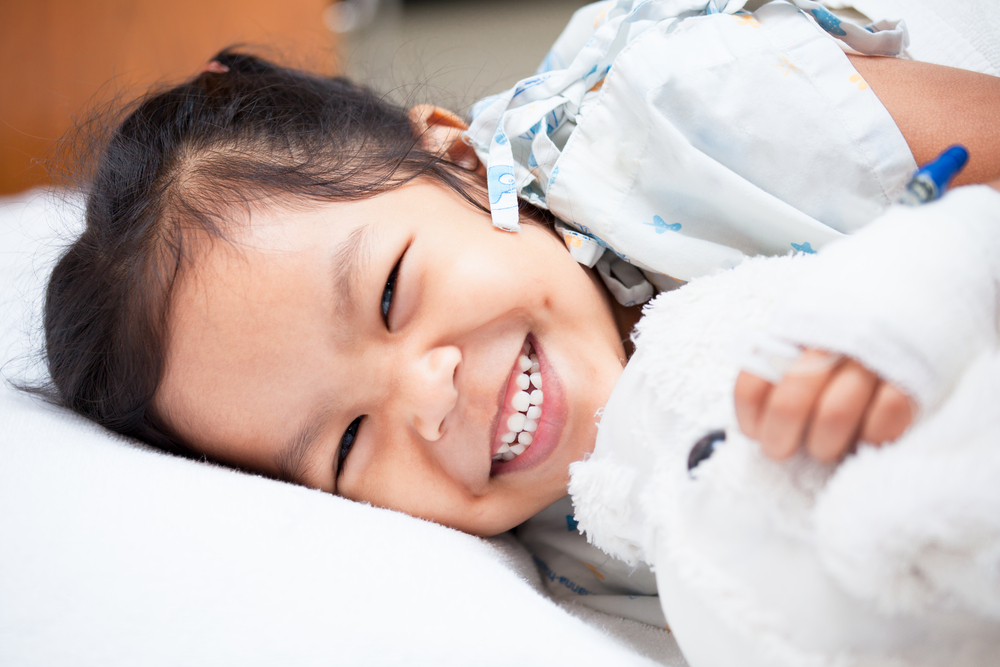Aboriginal Families Study
- Project status: Active
Research area: Population Health > Intergenerational Health

The study aims to enable the voices of diverse Aboriginal women and families in South Australia to inform policy and practice in health, education and community care.
This study is in response to gaps in the evidence to inform health policy and services.
This study is in response to gaps in the evidence to inform health policy and services.
Overview
The Aboriginal Families Study is a prospective mother and child cohort study investigating the health and wellbeing of 344 Aboriginal children and their mothers living in urban, regional and remote areas of South Australia.
The study was developed in response to gaps in the available evidence to inform health policy and services and was preceded by extensive consultation with Aboriginal communities and services in South Australia.
Major areas of focus include:
- maternal health and wellbeing
- children's health, wellbeing and development
- engagement with health services
- connections to family, community, culture and language.
The Aboriginal Families Study team have worked with Aboriginal communities in urban, regional and remote areas of South Australia to engage diverse Aboriginal families in the study. We are currently analysing and reporting data from the second wave of follow-up conducted as the study children were starting primary school (age 5-8 years). This includes questionnaires completed by mothers and carers of the study children, and data from child activities designed to assess children's cognitive, speech and language development.
The study is being conducted in partnership with the Aboriginal Health Council of South Australia and the South Australian Health and Medical Research Institute.
Research team
Lead researcher
Study investigators
- Ms Karen Glover
- Ms Donna Weetra
- Dr Deirdre Gartland
- A/Professor Rebecca Giallo
- Dr Fiona Mensah
- Dr Graham Gee
- Professor Philippa Middleton, South Australian Health and Medical Research Institute
- Professor Maria Makrides, South Australian Health and Medical Research Institute
- Professor Sheena Reilly, Griffith University
- Professor Peter Anderson, Monash University
- Dr Yvonne Clark, South Australian Health and Medical Research Institute
PhD students
- Ms Petrea Cahir
- Ms Arwen Nikolof
Collaborations
Thanks to our key partners, funders, and supporters.
- Aboriginal Health Council of South Australia Ltd
- Aboriginal Communities and Families Health Research Alliance
- South Australian Health and Medical Research Institute
- Stronger Futures CRE
Funding
- National Health and Medical Research Council (NHMRC)
Publications
Policy Briefs
Publications
Contact us
Aboriginal Families Study
Intergenerational Health Group
PO Box 911
Parkville VIC 3067
Australia
Professor Stephanie Brown
Email:
show email address












